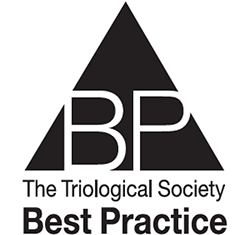Current literature suggests that topical TXA could potentially be a useful adjunct in the management of anterior epistaxis.

Is Topical Tranexamic Acid Effective in Treating Epistaxis?
Epistaxis is a common emergency department (ED) presentation. Many cases are self-limited, but other cases may require an intervention to stop bleeding. Methods to manage epistaxis include nasal compression, topical vasoconstrictors, cautery, nasal packing, and even surgical ligation in severe cases.
Primary Epistaxis Occurs Most Frequently During Overnight and Winter Months
What is the frequency of idiopathic epistaxis onset and its severity relative to the time of day?
Epistaxis Severity in Pediatric HHT Patients Is Typically Mild
Epistaxis may present early in HHT, but is typically mild in the pediatric period and is slightly worse in patients with HHT1.

Is Bevacizumab Effective for Reducing Epistaxis in Hereditary Hemorrhagic Telangiectasia?
Hereditary hemorrhagic telangiectasia (HHT), also known as Osler-Weber-Rendu syndrome, often manifests with epistaxis.
Bevacizumab Therapy Effective for Hereditary Hemorrhagic Telangiectasia
Does bevacizumab delivered as a submucosal and topical intranasal therapy effectively control hereditary hemorrhagic telangiectasia (HHT)-associated epistaxis?